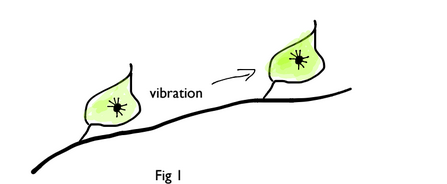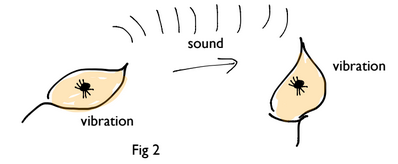I wrote before about Shakespeare's sonnet 73
That time of year thou mayst in me behold
When yellow leaves, or none, or few, do hang
Upon those boughs which shake against the cold,
Bare ruin'd choirs, where late the sweet birds sang.
In me thou see'st the twilight of such day
As after sunset fadeth in the west,
Which by and by black night doth take away,
Death's second self, that seals up all in rest.
In me thou see'st the glowing of such fire
That on the ashes of his youth doth lie,
As the death-bed whereon it must expire,
Consum'd with that which it was nourish'd by.
This thou perceiv'st, which makes thy love more strong,
To love that well which thou must leave ere long.
But I don't think I did it justice. I've liked this sonnet for half a century, and now I am literally at the time of life it describes, I find I can warm my hands at it.
The way it asks us to look up, then lower our eyes to sunset, then gaze down to reflect on the last embers of a fire is a vivid picture.
Shakespeare was not the first person to think of this metaphor, but borrowed it from the poetry of antiquity. What it so marvelous is his skill in expressing it in the words and rhythms of English. The second line
When yellow leaves, or none, or few, do hang
is an example. In nine words (and 10 syllables) we are carried from "yellow leaves" (the poet lets us know it's autumn, a time of decay) through "or none" (everything is gone) to "or few" (not quite none, but going).
This economy is extraordinary, as is the whole poem with its metaphor of the seasons, the time of day, and the stages of a human life, all rolled into one, and the final plea to hold on tightly against the flickering light.
So my earlier and inadequate attempt to capture the sonnet in a Haiku needs some more work.


